Anorexia's Disease
Anorexia Nervosa, commonly known as anorexia, is a serious but treatable eating disorder marked by an overwhelming fear of gaining weight and a skewed body image. This disorder transcends mere dietary issues; it involves a complicated mix of psychological, biological, and environmental influences, making it one of the most lethal mental health disorders.
Individuals suffering from anorexia face a suicide risk that is 18 times greater than that of people who do not have an eating disorder. The Anorexia statistics also reveal that women are particularly susceptible, experiencing anorexia at rates three times higher than men. Also, it’s estimated that 0.5% to 3.7% of women will suffer from anorexia at some point in their lives. At the same time, around 10 million men in the U.S. are expected to develop an eating disorder during their lifetime.
Understanding
Anorexia Symptoms
Anorexia symptoms span physical, emotional, and behavioral changes. Although it’s often associated with noticeable weight loss, anorexia can be challenging to recognize because not all individuals with the disorder appear underweight. Additionally, those affected may go to great lengths to conceal their symptoms.
✅ Significant weight loss or failure to meet expected weight milestones
✅ A thin or gaunt appearance
✅ Chronic fatigue and insomnia
✅ Dizziness or fainting spells
✅ Blue-tinted fingers (due to poor circulation)
✅ Thinning hair or hair loss, sometimes with soft, fine hair growing on the body
✅ Absent or irregular menstrual cycles
✅ Dry, yellowed skin
✅ Intolerance to cold temperatures
✅ Irregular heart rhythms and low blood pressure
✅ Swelling in the arms or legs
✅ Dental erosion and calluses on knuckles from self-induced vomiting
Recognizing these symptoms is crucial, as anorexia can be life-threatening without appropriate treatment. Early detection and a supportive environment can lead to better outcomes and recovery.
Reclaiming Your Life
Support Is Here
Anorexia is a serious eating disorder that affects both the body and the mind, leading to extreme food restriction, weight loss, and a distorted body image.
Facing anorexia can feel overwhelming, but there is hope. Understanding that you’re not alone in this struggle is crucial. Many have walked this difficult path before and have emerged stronger, ready to support those who are still fighting. While it can lead to feelings of deep isolation, it doesn’t have to remain that way.
The journey to recovery may seem daunting, but with the right help, your suffering can come to an end. Medical advances, therapy, and the shared experiences of others who have faced anorexia can provide the support you need to reclaim your life. Remember, reaching out for help is a sign of strength, and there are compassionate individuals ready to walk alongside you on this path to healing. You don’t have to face this alone—there is a community of people who understand and are here to help you find your way to recovery.
You might be asking these
Questions
❔ “Do I often feel an intense fear or anxiety about gaining weight?”
❔ “Am I frequently preoccupied with thoughts about food, dieting, or my body shape?”
❔ “Have I noticed that I avoid meals or drastically limit my food intake?”
❔ “Do I feel guilty or ashamed after eating, even in small amounts?”
❔ “Do I often feel that no matter how much weight I lose, it’s never enough?”
❔ “Am I stressed, depressed, or feeling unfulfilled?”
❔ “Do I cope with my feelings by restricting food, over-exercising, or other behaviors?”
If you relate to any of these questions, it might be time to seek support.
We’re here to listen and help you find the guidance and resources you need on your journey to recovery.
Path towards a
Healthier You
Listening to the voices of those who have faced anorexia and are now in recovery can be deeply uplifting and empowering. Their stories reveal the strength and perseverance required to reclaim their lives, often achieved with the help of compassionate experts and a strong support network.
"In the past I would ask for reassurance ALL THE TIME. I now catch myself when I'm about to reach out for reassurance and say 'hold on, let me try to figure this out on my own'. I'm finally able to encourage myself to work through it with the new skills I've learned in our sessions rather than giving in to a compulsion."
Tara R. I Computer Engineer | Grand Rapids, MI
"My OCD was making it difficult to think clearly about all aspects of my life and I was having trouble making decisions. I am now owning my decisions through trusting myself more, am enjoying what feels good in the moment, and am able to be far more present."
Fatima T. I Teacher & Ph.D Student | Washington, DC
Anorexia recovery coaching provides tailored support and effective strategies to address your unique healing journey.
Many of whom have experienced anorexia themselves, combine understanding and expertise to assist you in tackling the intricate physical and emotional hurdles of recovery. They deliver essential guidance, sharing techniques for nutritious eating, building self-esteem, and coping with stress, equipping you with the tools necessary to conquer anorexia and regain control of your life.
Why You Need A Coach to Combat Anorexia
✅ Personalized Wellness and Intuitive Eating
You’ll develop a healthier relationship with food by learning to trust your body’s cues. Through intuitive eating, you’ll make choices that honor your needs, moving away from restrictive habits.
✅ Accountability and Holistic Support
Receive tailored guidance and access to resources, including referrals to nutritionists, therapists, and support groups, helping you stay on track and lighten your recovery journey.
✅ Emotional and Psychological Empowerment
Explore and address the emotional roots of anorexia in a safe environment. You’ll build resilience, embrace self-care, and find healthier ways to manage your emotions that will foster lasting recovery.
✅ Decision-Making and Empowerment
You’ll be empowered to make informed choices about your recovery, with your coach guiding you through challenges and supporting long-term success.
Ready to start your journey towards better cognitive health?
Every step towards recovery is a step towards freedom. With our dedicated coaching, you’ll have the tools and support you need to overcome your eating disorder. Begin your transformation—reach out now and take the first step.


